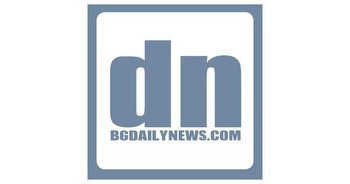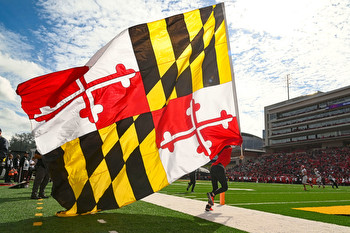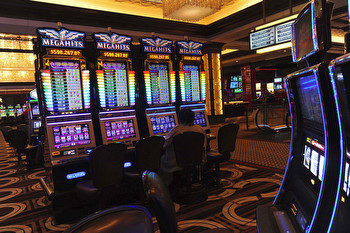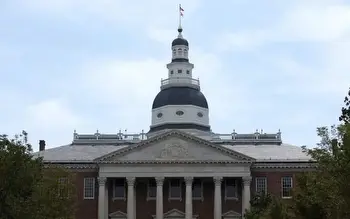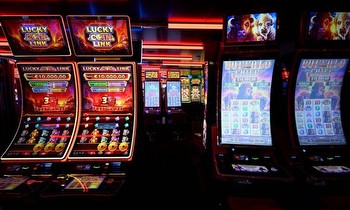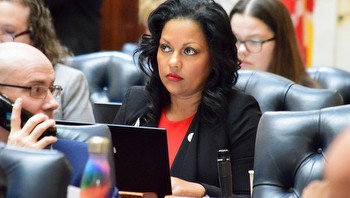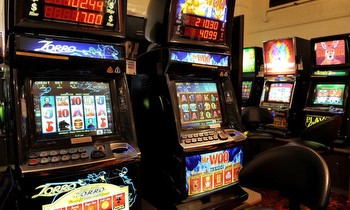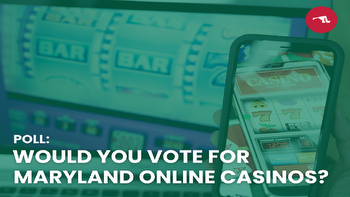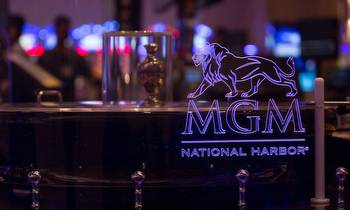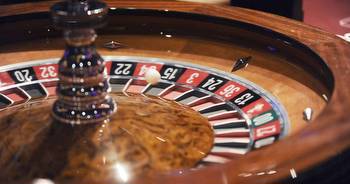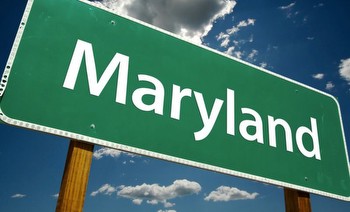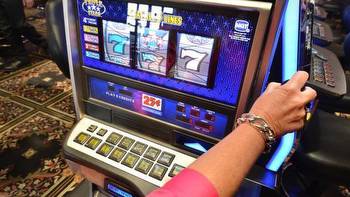Overview of Maryland House Online Casino Bill Hearings

While the legalization of online sports betting has become much more popular throughout the United States over the past few years, many states are still holding out for one reason or another.
A major concern? How customers can bet right from their phones (or other smart devices) could impact existing brick-and-mortar casinos in states and the employees of those casinos. That’s a significant issue in the ongoing Maryland House online casino bill hearings.
In Maryland, where online sports betting is not yet legal, the state legislature is considering HB1319 which would authorize the State Lottery and Gaming Control Commission to issue licenses for online gaming.
This would include online sports betting and other online gambling, such as more traditional casino games (like blackjack). The bill is in front of the Maryland House Ways and Means Committee, which heard testimony regarding the bill and its expected impacts on Monday. If HB1319 passes, then Maryland will be open for business on sports gambling sites.
Four of Maryland’s six existing casinos are in favor of the bill, but there is significant opposition from labor groups and casino employees.
There are concerns that the legalization of online gaming (called iGaming) could lead to casino job losses, public health issues from gambling addiction, and even lost income for casino workers who keep their jobs but earn less in tips due to reduced in-person foot traffic.
What Happens Next For HB1319
After the Maryland House online casino bill hearings, the House Ways and Means Committee will vote on HB1319 to determine whether or not it will advance out of the committee and then onto each chamber of the Maryland General Assembly, the House of Delegates (where the Ways and Means Committee sits) and the Senate. If passed by each chamber, then it would go to Governor Wes Moore for signature.
Because of all of the business support behind HB1319 and the potential tax revenue that legalized online gaming would provide for the state, it seems likely that the bill will be passed.
Unfortunately for casino employees who are concerned that online gaming will reduce their income potential and possibly threaten their jobs, from a political perspective, they just don’t have as much say as the casinos and gambling operators.
While it will likely still be a while before you can use your phone in Maryland to take the best betting picks today, the tide seems to be headed in favor of legalization.
Even the arguments that the two casino owners opposed to HB1319 — the Cordish Companies and Ocean Downs — made against the bill seemed a little shortsighted, claiming that iGaming will actually reduce overall casino revenue and thus lessen the amount of tax revenue earned by Maryland from gambling activities.
Based on how gaming revenues have skyrocketed in states that have legalized online gaming, those claims don’t appear to hold much water.
There’s Still A Lot To Discuss
While the Maryland House online casino bill hearings did discuss many key aspects of HB1319, many items did not garner much, if any, mention despite being critical parts of the bill.
There was minimal discussion about what the tax rates will be on different kinds of gaming should legalization occur. The bill currently provides for a 55% tax rate on online slots and electronic table games and 20% for live dealer games.
Of course, the casinos argued that the tax rates should be lower, but there wasn’t a substantive debate on specific numbers beyond initial proposals.
Also, a fiscal report was produced for the hearings, and it did not favor legalization. In fact, the report found that there was likely to be cannibalization within the casino industry between the increased competition from online gaming and reduced revenues from in-person activities.
Granted, this was just a preliminary report, but a projected $64.7 million decrease in the state’s education trust fund — which draws from casino revenues — was alarming for sure.
Even the best online casino couldn’t make up for that kind of financial shortfall, so that’s a hurdle that may need to be overcome by HB1319 supporters should the fiscal report be discussed by the larger House of Delegates or State Senate.
Supporters of the bill will point to the successes of states like Michigan and New York in implementing online gaming within the existing casino framework while increasing tax revenues.
Granted, Maryland is its own state, and many factors go into how well (or how poorly) a state may do with online gaming, but the examples from around the country are very promising.
For Gambling news, odds analysis, and more, visit Point Spreads Sports Magazine.








